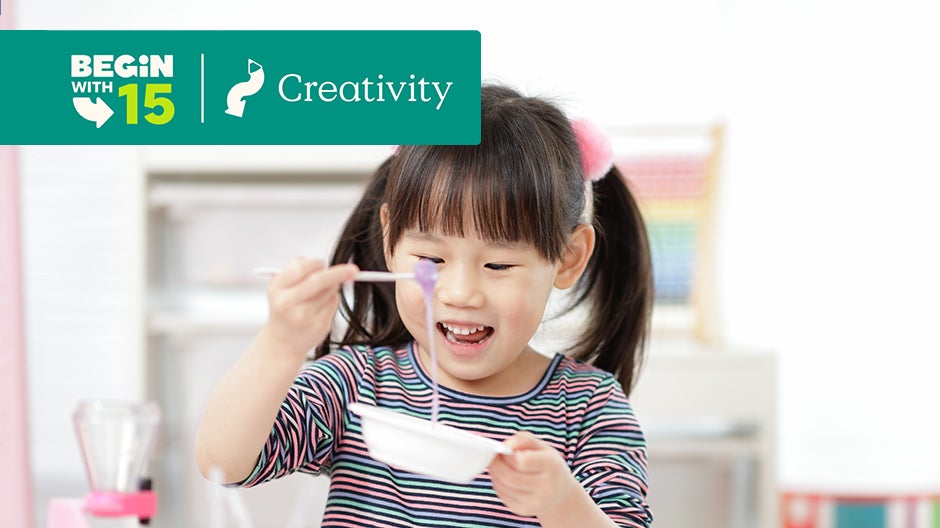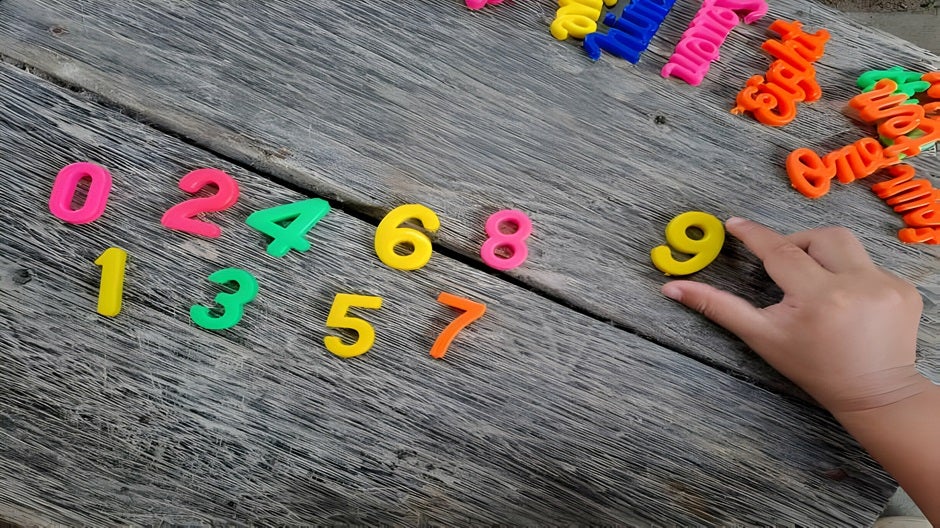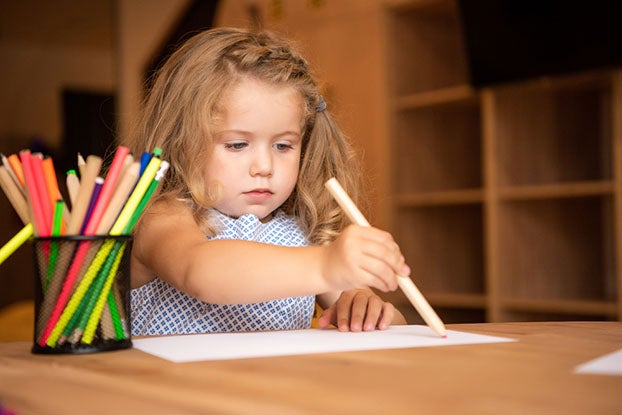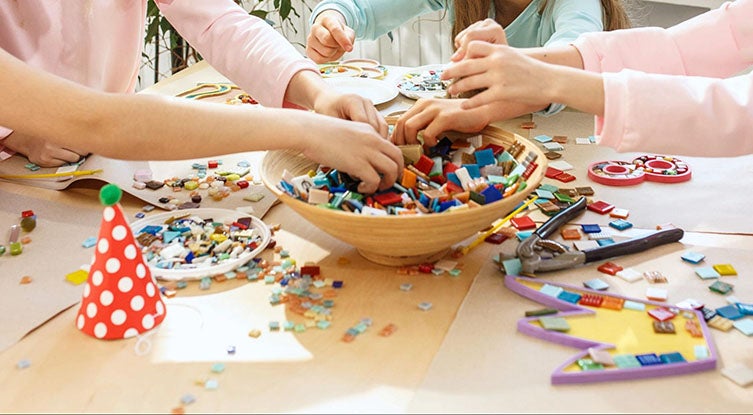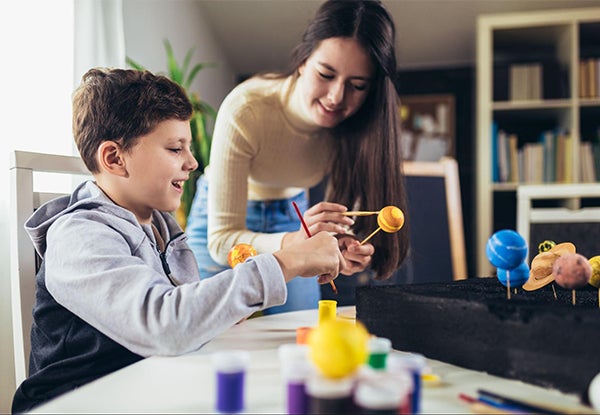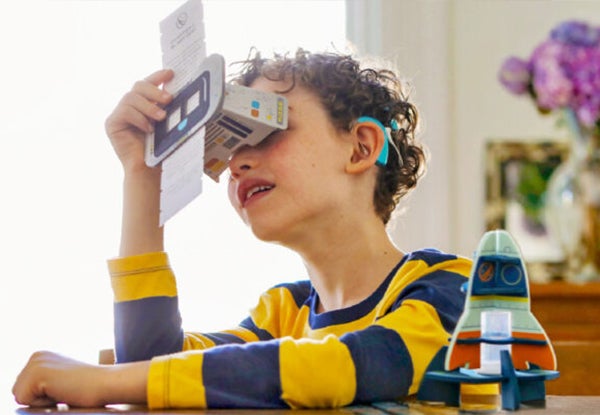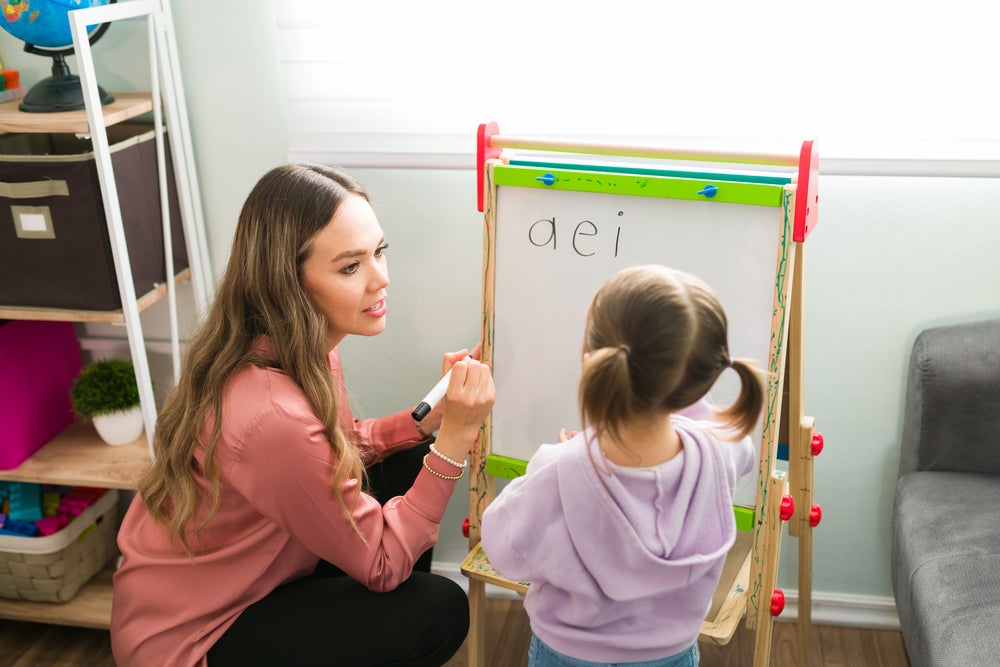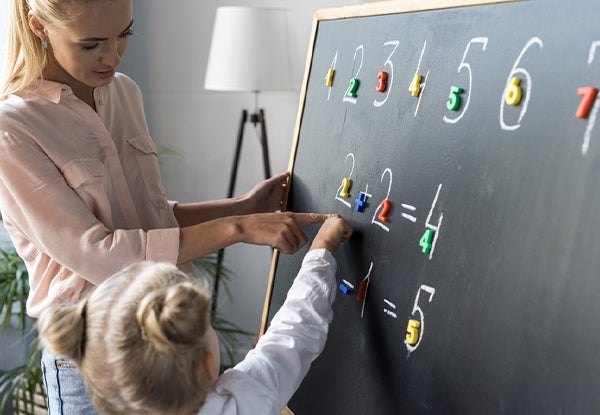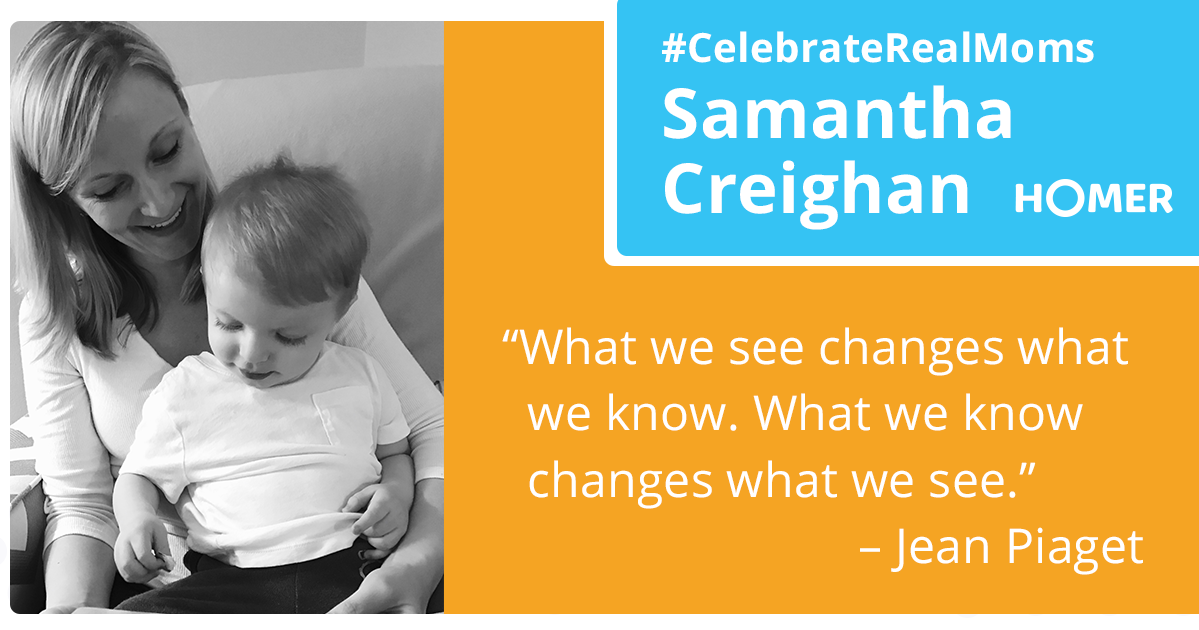
Our very own Samantha Creighan, Homer’s Director of Children’s Research, has brought incredible insight to our team as we focus on building a child-centered learning product and brand. Not only is she a dedicated researcher with a PhD in cognition and learning, but she’s also a mom to a pretty adorable 1½ year-old boy. We #CelebrateRealMoms this week sharing Sam’s inspiration and some simple bedtime techniques she uses with her own son.
“What we see changes what we know. What we know changes what we see.”
-Jean Piaget
If you’ve taken a psychology class, you may know that Jean Piaget is considered one of the pioneers of child development. His theory is still widely studied, and education programs continue to incorporate constructivist-based approaches inspired by his work. What you may not know is to test his theory, Piaget spent hours (and days, weeks, months, years) studying, observing, writing about, and asking questions of his own children.
While I don’t quite have my own theory to test, as someone with a PhD in cognition and learning who happens to be the mom of a 20-month old son, Piaget’s work sounds like my dream job. Like Piaget and many parents around the world, I have been fascinated by seeing how my child learns and grows each day. Also like Piaget, the things my child says and does inspire me to refine my own thinking about how children to think and what they understand about their world.
I am often asked, “How do I make sure my child learns how to read?” or “How do I teach my child how to count?” and while it sounds simple, my response is typically to (1) let them play, and (2) listen to them. Children are naturally curious and eager to learn. They are splendid mathematicians, fantastical storytellers, creative artists, and problem-solving engineers, and the everyday environment affords many opportunities for learning.
Because of influential scholars like Piaget, we now have very fancy scientific proof of the positive impact parents can have on their child’s development. Even some things we may take for granted, like reading bedtime stories, are rooted in theories of how children learn. Here are 5 bedtime story habits that actually have deep learning benefits.
1. *Letting your child choose the story* helps motivate a child to want to read and read more.
2. *Using silly voices and pausing to ask questions* helps with comprehension.
3. *Pointing & gesturing while you read* helps focus your child’s attention.
4. *Offering stories on a variety of topics* helps a child build background knowledge about a wide range of topics.
5. *Repeating the same story* (even for what feels like the millionth time). Repetition is critical for learning, including building vocabulary and deepening your child’s understanding of the story.
As Cole’s mom, I try as much as possible to see the world through his eyes. And as the Director of Research for Homer, I do get to spend at least part of my time asking kids questions to learn what they understand and how they think. While you definitely don’t need a PhD to be a great mom, doing both has certainly taught me that children have so much to learn from us, but we have so much to learn from them.

